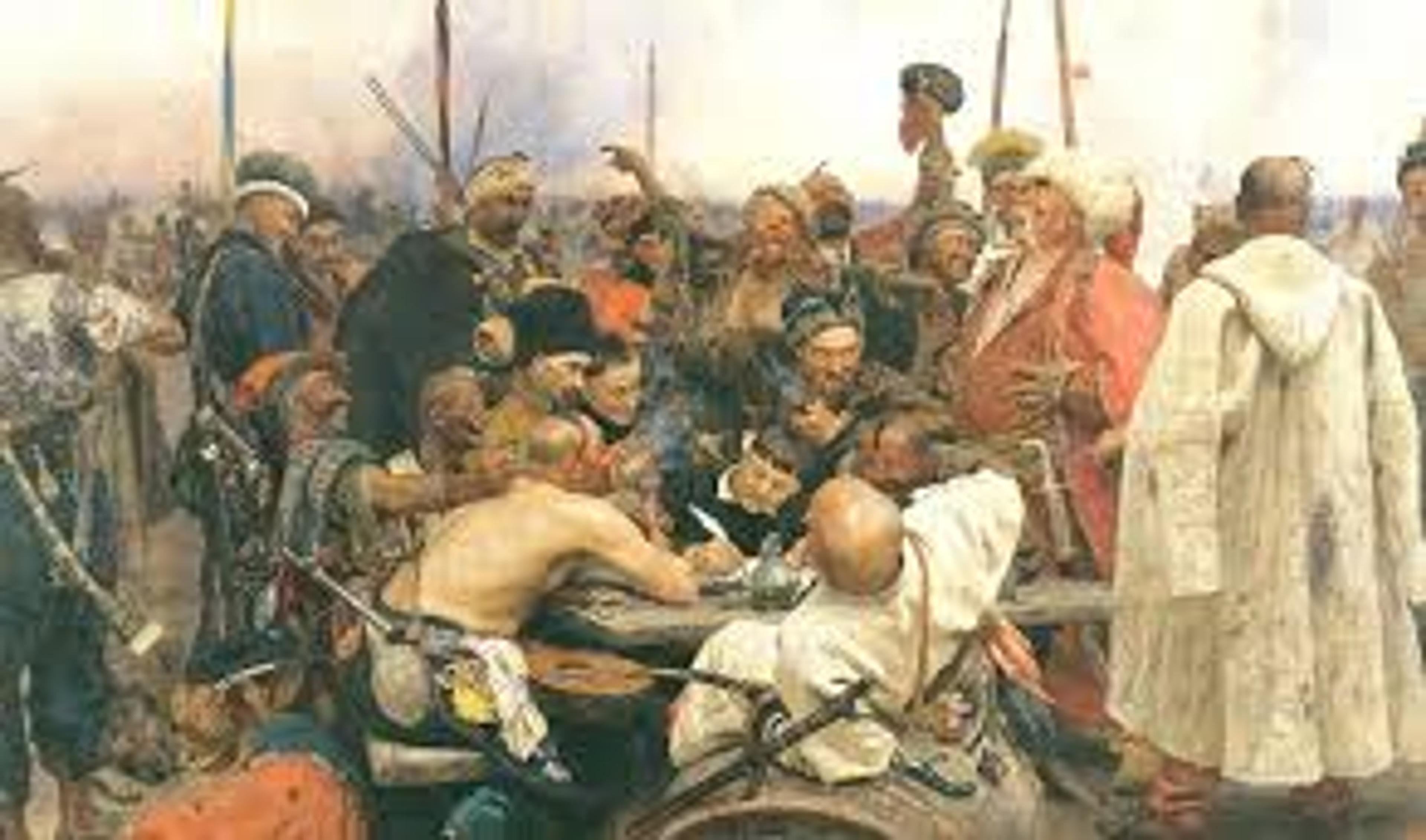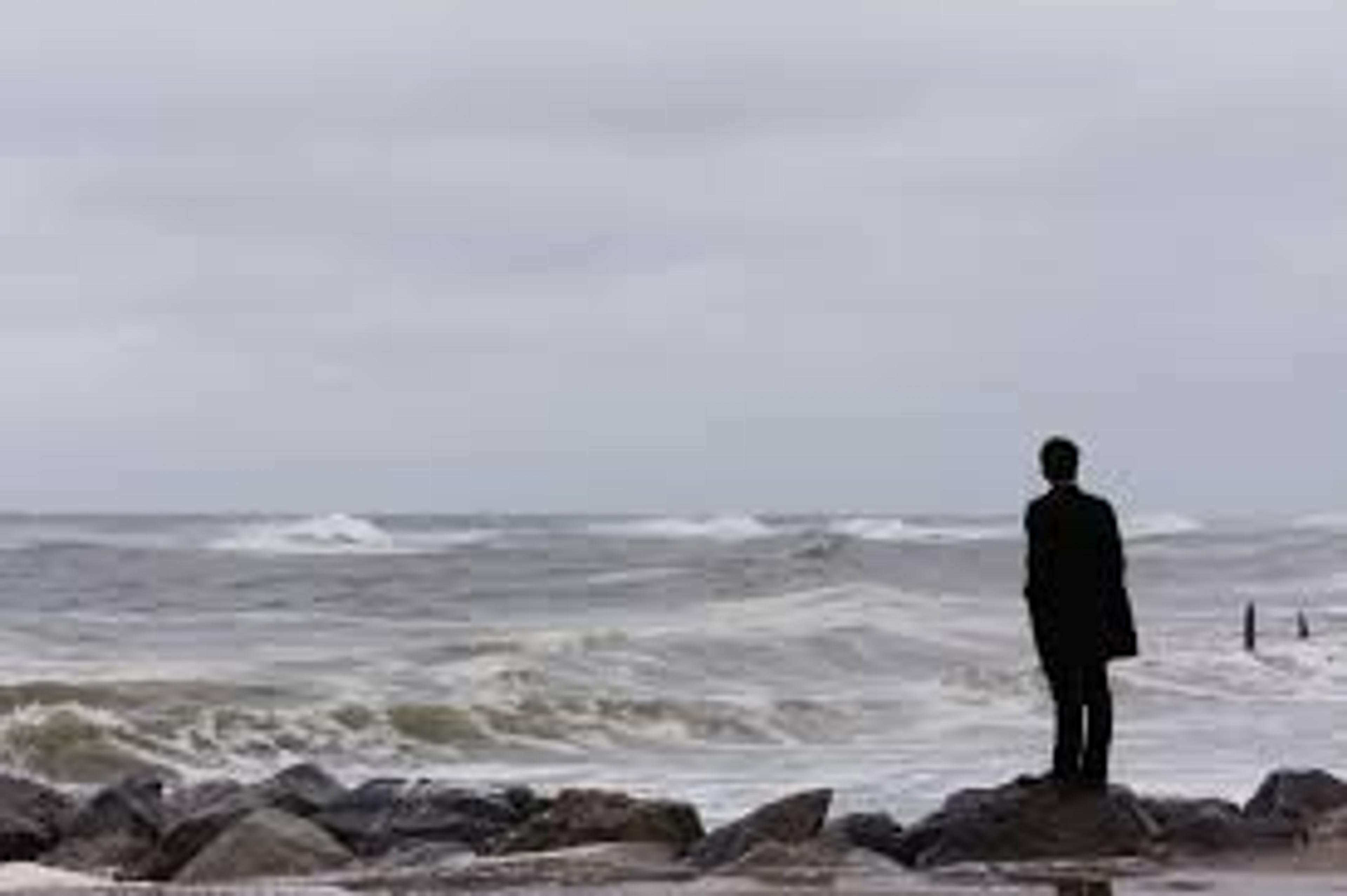Written by Leo Tolstoy, The Cossacks, published in 1863 tells the story of a Russian aristocrat who goes on to live in the Caucasus. Residing in the village of the Cossacks allows him to explore his own ideas on life and search for a purpose. He lives and loves, hunts and drinks, and, more importantly, thinks. The reader is also tempted to think as well.
Firstly, don't run. Secondly, don't fall into a love triangle.
The purpose of this piece is not to display episodic outcomes (because that would destroy your will to read the novel yourself) but rather focus on the abstract ideas it presents. Anyway, here’s an attempt at a subtle outline:
The Cossacks, formerly named Young Manhood, is a short novel by Leo Tolstoy, published in 1863 before his lengthy and famous novels, War and Peace (1869) and Anna Karenina (1877). Although a work of fiction, it is believed to be somewhat semi-biographical as the protagonist Dmitry Olenin slightly reassembles a young Tolstoy. Olenin is a self-centred, wealthy man who, because of his ingenuine monotonous life and other situations, decides to leave Moscow to join the army as a junior officer to serve in the Caucasus in search of a meaningful existence. Having escaped the city life, he struggles to fit in and yet he strives to adopt the rough lifestyle of the local Cossacks. He believes that a change of environment will allow him to learn and become less egocentric. Living among the Cossacks, he comes to appreciate life and nature and recognises the wastefulness of his past life.

It comes to him in an epiphany what he had to do. He resolves to live entirely for others and proclaims that: “Happiness lies in living for others. That is evident.”
Midway in the novel, he falls in love with a local girl, Maryanka, who then is engaged to Lukashka, a lad famous in the village and a friend of Olenin. Yet, Olenin proposes to Maryanka and she says that she would reply later. At the end of the novel a lot of things happen. Lastly, Olenin returns to Moscow but does he have Maryanka with him? And what happens to Luka? (This may not be answered here).
The weakness of this novel, if any, overlaps with its strength in the capacity that it raises a question as it answers one. Olenin is pulled both ideologically and emotionally, between his idea of giving to others and his own desire to fit in and deserve love. Thoughts of conflict; of pleasure, value and virtue dominate.

This novel is worth re-reading. Tolstoy attempts to reason out philosophical ideas from the protagonist, his narration is simple and his style is pleasing. Yet the novel demands from it’s readers, pausing and thinking. It reflects a thinking man’s will of self-examination. It explores moral and intellectual freedom and brings forth questions like ‘how free are we from the bonds of society we are born in?‘, ‘who are we as individuals?‘ and ‘can our identities be found separate from culture and society?‘.
The journey of the main character is synonymous to when we leave a place thinking we are going to prove to the world what it means to live life but instead the world shows us the things yet to be learned and how we are yet to be truly alive.
Farzan Ghani is a student pursuing English Literature from Jamia Millia Islamia.
Edited by: Varda Ahmad
Disclaimer: The opinions expressed in this publication are those of the author. They do not purport to reflect the opinions or views of The Jamia Review or its members.




